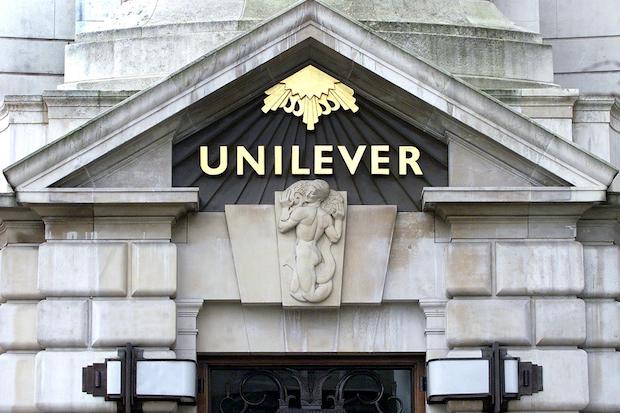This is an extract from Martin Vander Weyer’s ‘Any other business’ column, in this week’s Spectator.
Unilever, the consumer goods conglomerate formed in 1929 by the merger of Margarine Unie of Rotterdam with Lever Brothers of Port Sunlight, is a model of cross-Channel collaboration that pre-dates the European Union we’re about to leave. So the decision due this month as to whether the group will no longer maintain dual head offices — which means closing London but keeping Rotterdam — will be highly symbolic.
If the move not only goes ahead but also entails doing away with dual fiscal entities and dual stockmarket listings, Unilever will henceforth be a wholly Dutch company with UK subsidiaries. That status may afford cost savings and stronger protection against unwelcome takeover bids such as the failed one by Kraft Heinz last year; but it won’t necessarily please London-based investors who like to see giant corporations kept on their toes by fear of predators.

Get Britain's best politics newsletters
Register to get The Spectator's insight and opinion straight to your inbox. You can then read two free articles each week.
Already a subscriber? Log in







Comments
Join the debate for just £1 a month
Be part of the conversation with other Spectator readers by getting your first three months for £3.
UNLOCK ACCESS Just £1 a monthAlready a subscriber? Log in